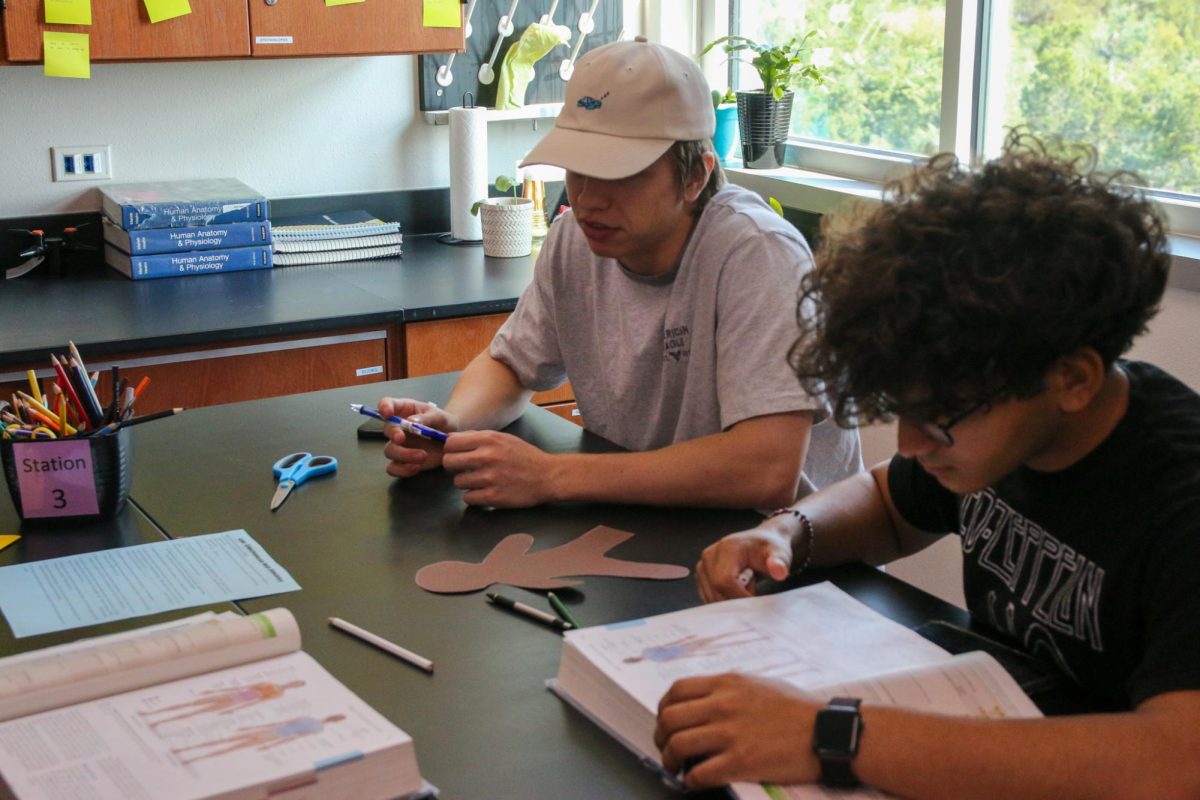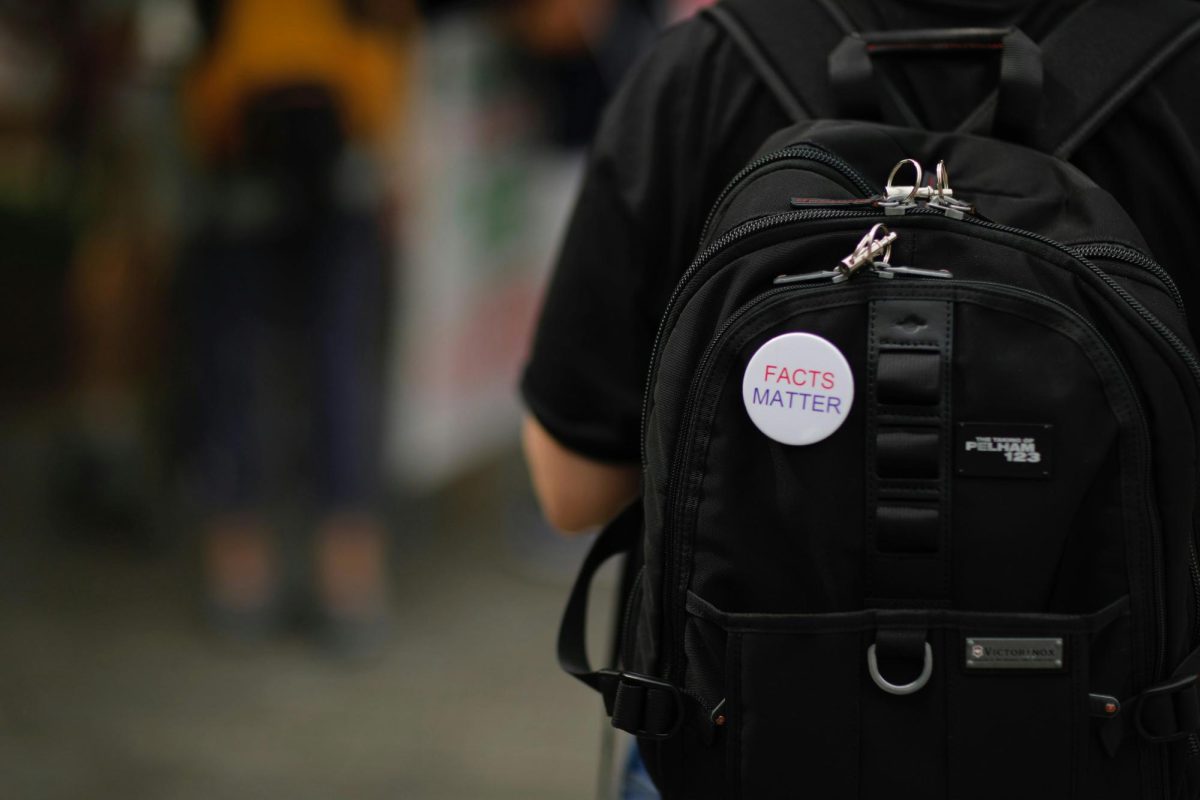Leander ISD reformed its GPA & Rank Policy to allow students –beginning with the class of 2025 – to “select courses and pathways of study based on their individual interests and personal pathways of study.” However, following this recent policy change, arguments of whether school rankings have positive or negative effects on students’ future or well-being are still under the spotlight.
The GPA and class rank system largely has a more negative impact on students’ well-being despite some of its positive associations with possible automatic admission.
In many top-tier high schools or highly competitive environments, students find that there is a semblance of inflation between GPA and class rank. For instance, a student with a GPA of 5.0 at a less competitive school can realistically achieve a high ranking, however, a student with that same GPA might find it harder to rank higher at a highly competitive school where rank comes down to the decimal points. This can take a toll on the more academically driven students. In a report by The Journal of Student Research, many students who prioritized their grades were more prone to mental health issues as a result of their class rank.
In addition, like many other number systems that attempt to reflect learning, class ranks fail to take into account the extenuating factors that might influence a student’s performance. Simple factors, such as a student’s amount of sleep, can affect their grades. In a study by the American Academy of Sleep Medicine, it was found that hours of sleep per school night were significantly associated with GPA. Of even more importance are other social and emotional factors that come into play. Studies show that GPA rose during the COVID-19 pandemic, however, many education experts argue that this did not reflect the students’ learning. Thus, one can conclude that GPA comes short of placing an accurate value on a student.
Although the ranking system proves to be beneficial in Texas, as students with a class rank of the top 10% of one’s graduating class can secure automatic admission in a large majority of Texas universities, other colleges outside of the state are phasing out of considering class rank as a determining factor. This is, in part, because of the negative impact that these rankings have on mental health. In a survey, about half of the officers from the National Association for College Admissions Counselors said class rank is of “limited” to “no importance.”
Alternatively to class ranks, schools can reward students for their GPAs individually rather than in comparison to their peers. By grouping students into grade categories, students can still gain recognition for their achievements without creating a cut-throat competitive environment that places mental health at risk.
Since class ranks prioritize grades over students’ mental health, many high schools and colleges have begun to ease off on them. Thus, they prove to be less efficient methods for college admissions.





















